Riyadh welcomes détente with Syria, signals change of approach toward Tehran, Damascus: Sources
Saudi Arabia and Syria are close to reaching an agreement on diplomatic normalization as Riyadh tries to adopt a new approach toward the region, especially by efforts to defuse tensions with the Islamic Republic of Iran, sources suggest.
Saudi Crown Prince Mohammed bin Salman (MBS) is “engaged in efforts to defuse tensions with The Islamic Republic of Iran by engaging with Syria,” a Damascus-based Syrian Foreign Ministry official told Al Jazeera.
The official said “MBS instructed his team to reassure Syria that he does not want regime change against [Syrian President Bashar al-Assad], and that Syria, as a brotherly Arab nation, should naturally be close to Saudi Arabia.”
According to the Syrian Foreign Ministry official, the Iranians were “immediately very welcoming to what they heard” about the possibility of the Riyadh-Damascus détente.
Early last month, Saudi Arabia’s intelligence chief traveled to Damascus to meet his Syrian counterpart in a move seen as a precursor to a détente between the two regional foes
Later in May, Syria dispatched its first ministerial delegation in 10 years to Riyadh, led by Tourism Minister Rami Martini, who said at the time that “efforts are being made to upgrade ties with Saudi Arabia, and may soon have positive results.”
Ties between the two Arab countries were severed at the beginning of the 2011 Syrian crisis, which saw foreign-backed militants trickle into Syria with the aim of overthrowing the Syrian president.
Hundreds of thousands of people have been killed since the outbreak of the Syrian conflict, and millions of Syrians displaced.
Throughout the war, Saudi Arabia was among the countries that supplied militant groups with finance and weaponry, including US-made anti-tank missiles.
Al Jazeera quoted a Saudi Foreign Ministry official as saying that “the time has come to accept that Syria, as it is, is an indelible part of the Arab landscape.”
A senior official from the Syrian opposition Free Officer’s Movement also said the “political mood within the House of Saud has changed, many senior royals, particularly Mohammad bin Salman himself, are keen to reengage with Assad.”
“The prevailing attitude can be defined as, ‘times have changed... and the region is transitioning towards a new future, with new geopolitical characteristics,’” the official, who himself recently reconciled with Damascus after defecting to the Syrian opposition in the summer of 2011, added.
According to the official, the Saudis have made clear to Damascus that they want Assad to reduce the influence of the Iranians in Syria, but for now they have accepted Iran’s influence as a strategic reality.
“The Saudis acknowledge that the Iranians will continue to have covert political influence in Damascus as they do in Baghdad, but they and the UAE [United Arab Emirates] want Assad to pressure the Iranians to at least reduce their build-up of strategic military assets, like the missile storage and production bases,” he claimed.
Last month, Iran confirmed reports of talks with Saudi Arabia, saying the goal of the talks is to secure bilateral and regional interests.
“We have always welcomed such talks in any form or at any level and this is not our new policy, but let us wait and see the outcome of the negotiations and judge accordingly,” Foreign Ministry spokesman Saeed Khatibzadeh said.
The remarks came days after a Saudi Foreign Ministry official confirmed the talks, saying they were intended to reduce regional tensions.
“As to current Saudi-Iranian talks, they aim to explore ways to reduce tensions in the region,” Ambassador Rayed Krimly, head of policy planning at the ministry, said.
Observers have noted, in recent months, a change in Riyadh’s tone toward Tehran, saying Saudi Arabia’s failed war on Yemen, as well as former US President Donald Trump’s defeat in the 2020 election, are among the reasons behind Riyadh’s new approach toward Tehran.
Epstein files fallout: Norwegian police launch corruption probe into veteran diplomat
VIDEO | Iranian embassy in China celebrates Islamic Revolution anniversary
VIDEO | UK police arrest Palestinian journalist, Press TV contributor
VIDEO | Fighting British state
UN chief condemns new Israeli annexation project in occupied West Bank
Araghchi briefs foreign ministers of Turkey, Egypt and S. Arabia on US talks
JD Vance’s Caucasus trip deepens concerns over sovereignty, security and US meddling
VIDEO | Press TV's news headlines


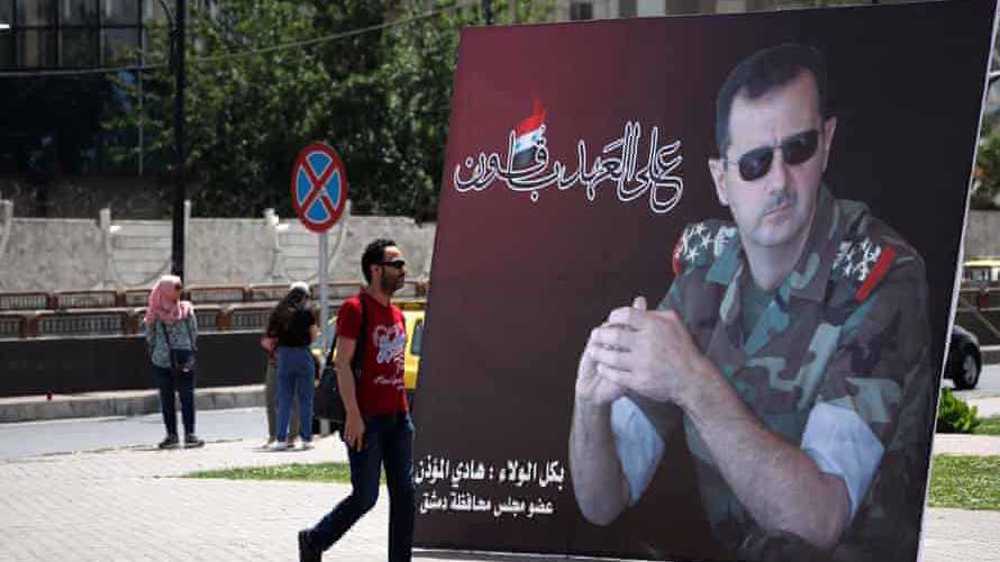


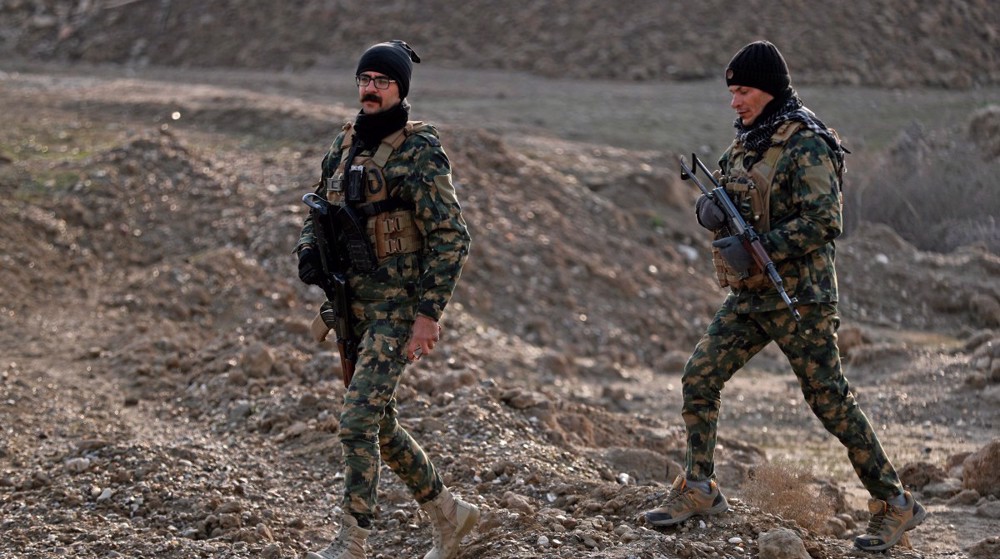
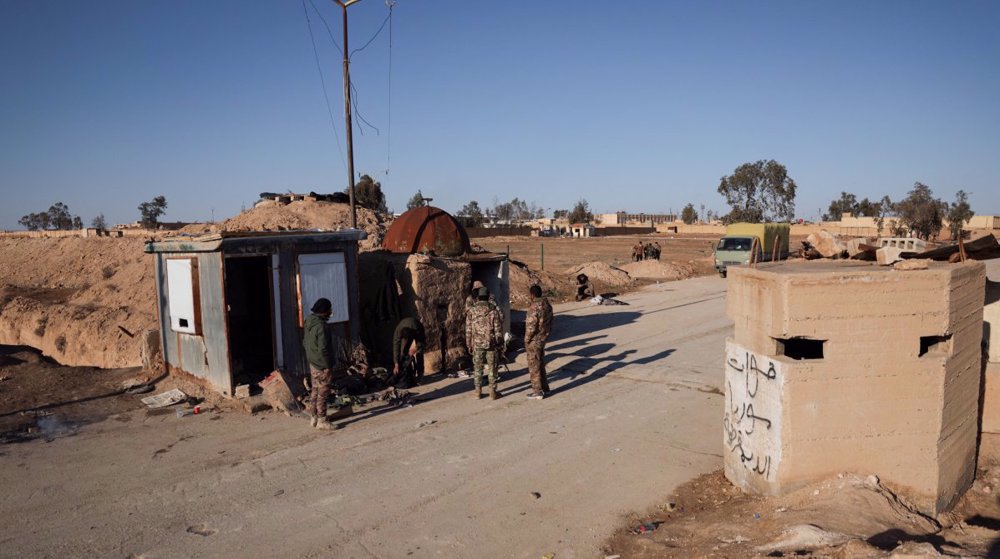
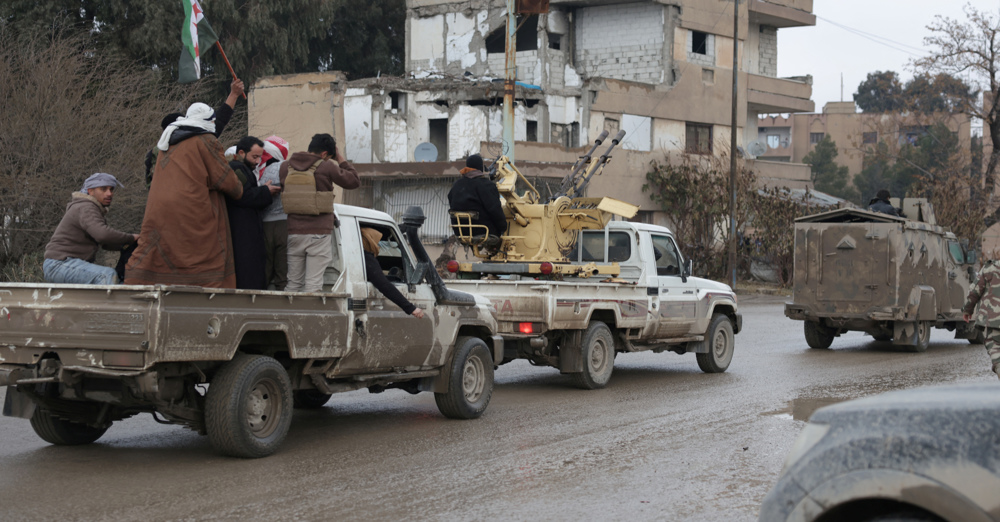




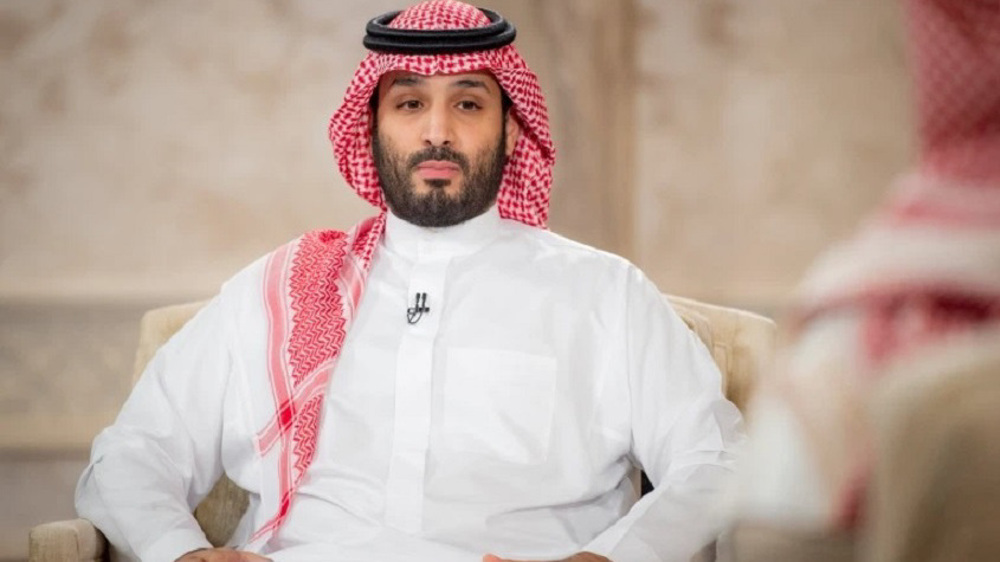
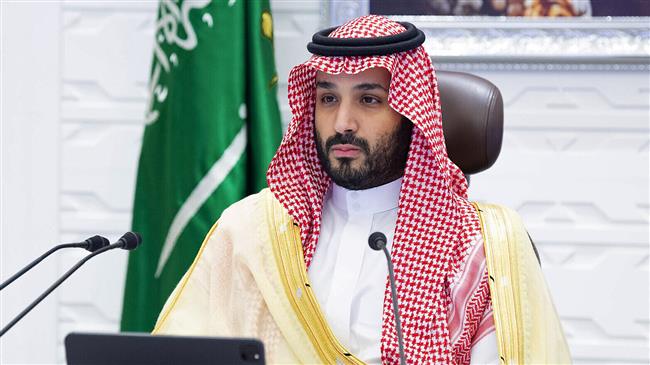

 This makes it easy to access the Press TV website
This makes it easy to access the Press TV website